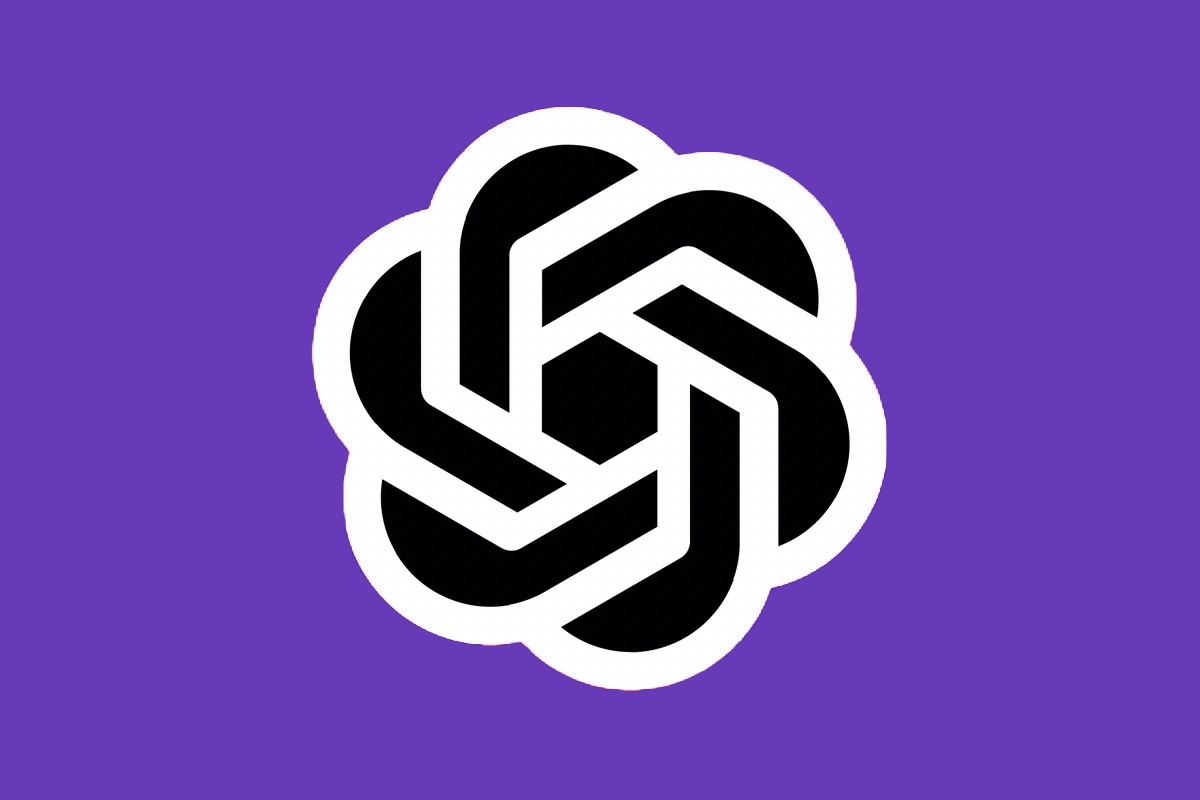Recent surveys and a report in the Financial Times reveal that roughly half of today’s job applicants are utilizing AI writing tools like ChatGPT in at least one part of their application process. This surge in AI-generated content has left hiring managers feeling overwhelmed and concerned, especially as they grapple with an already overflowing pool of applicants in many industries.
The influx of resumes and cover letters filled with targeted keywords and AI-generated language adds to the existing challenges faced by recruiters. Experts note that generic applications with Americanized grammar and vocabulary are often flagged as AI-generated.
Many large employers have strict policies against using AI in applications, and some are taking even more stringent measures. The “Big Four” accounting firms—Deloitte, EY, PwC, and KPMG—have issued stern warnings to graduates against relying on AI.
However, the battle against AI-generated applications is ongoing. A survey by Neurosight found that 57% of students seeking employment have used ChatGPT. Users of the paid version have a distinct advantage over those using free models, as their AI-generated content is harder to detect.
As a countermeasure, many hiring managers are turning to the traditional, anti-AI solution: the in-person interview. But this approach has its own challenges, including the time wasted interviewing more candidates and the potential for deception in increasingly common online interviews.
Ironically, the same job seekers who utilize AI in their applications are often averse to employers who do the same in their hiring process. A survey conducted last year found that 66% of Americans would refuse to apply to a company that uses AI-powered recruiting tools.
Honestly, while AI undeniably offers a helping hand in crafting polished applications, the growing reliance on it raises valid concerns for hiring managers. The challenge lies in striking a balance. Job seekers can leverage AI to enhance their applications, but authenticity and a personal touch remain crucial. It’s essential to remember that AI is a tool, not a replacement for genuine effort and individual skills.
Similarly, employers should consider how AI can streamline their hiring processes without sacrificing the human element.The future of recruitment likely involves a combination of AI and human judgment, ensuring efficiency without losing sight of the unique qualities that make each candidate stand out.





